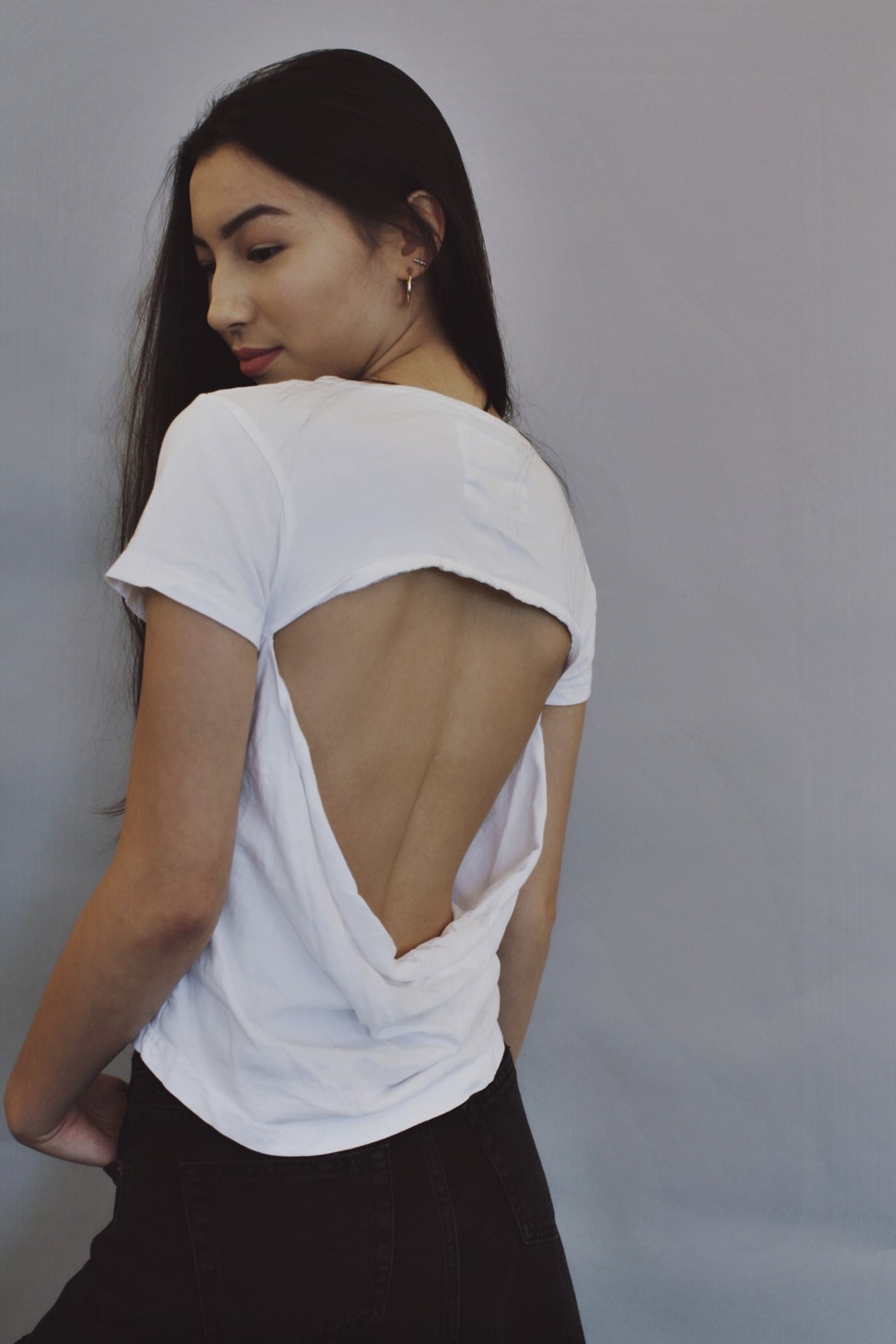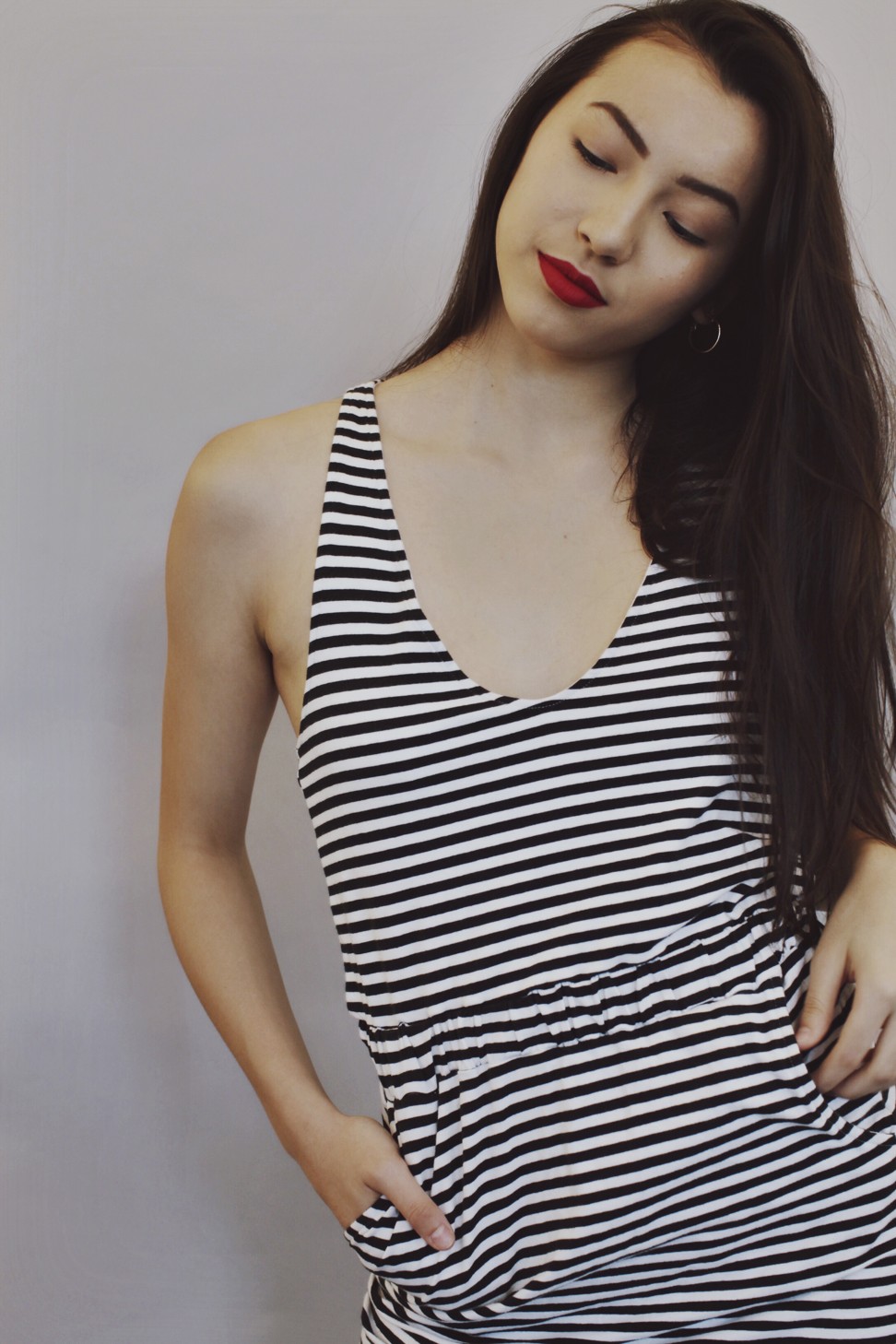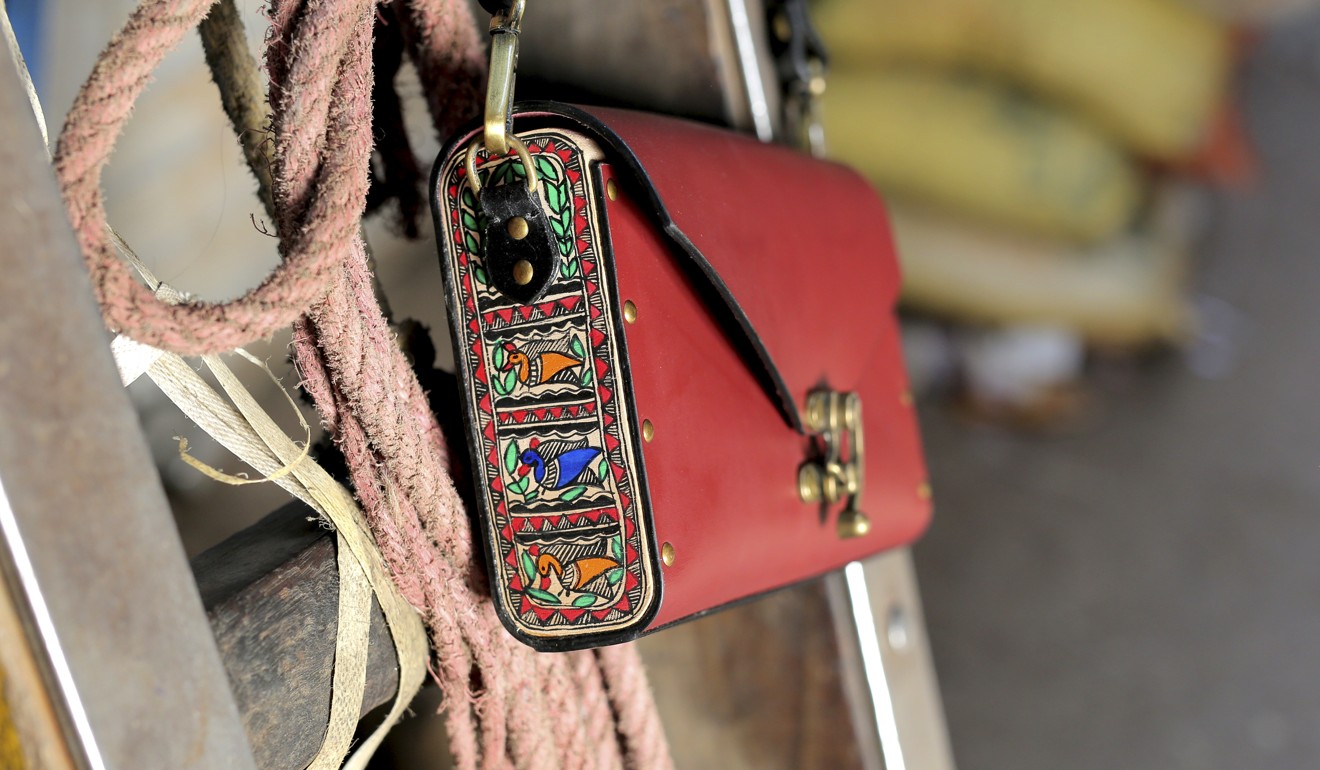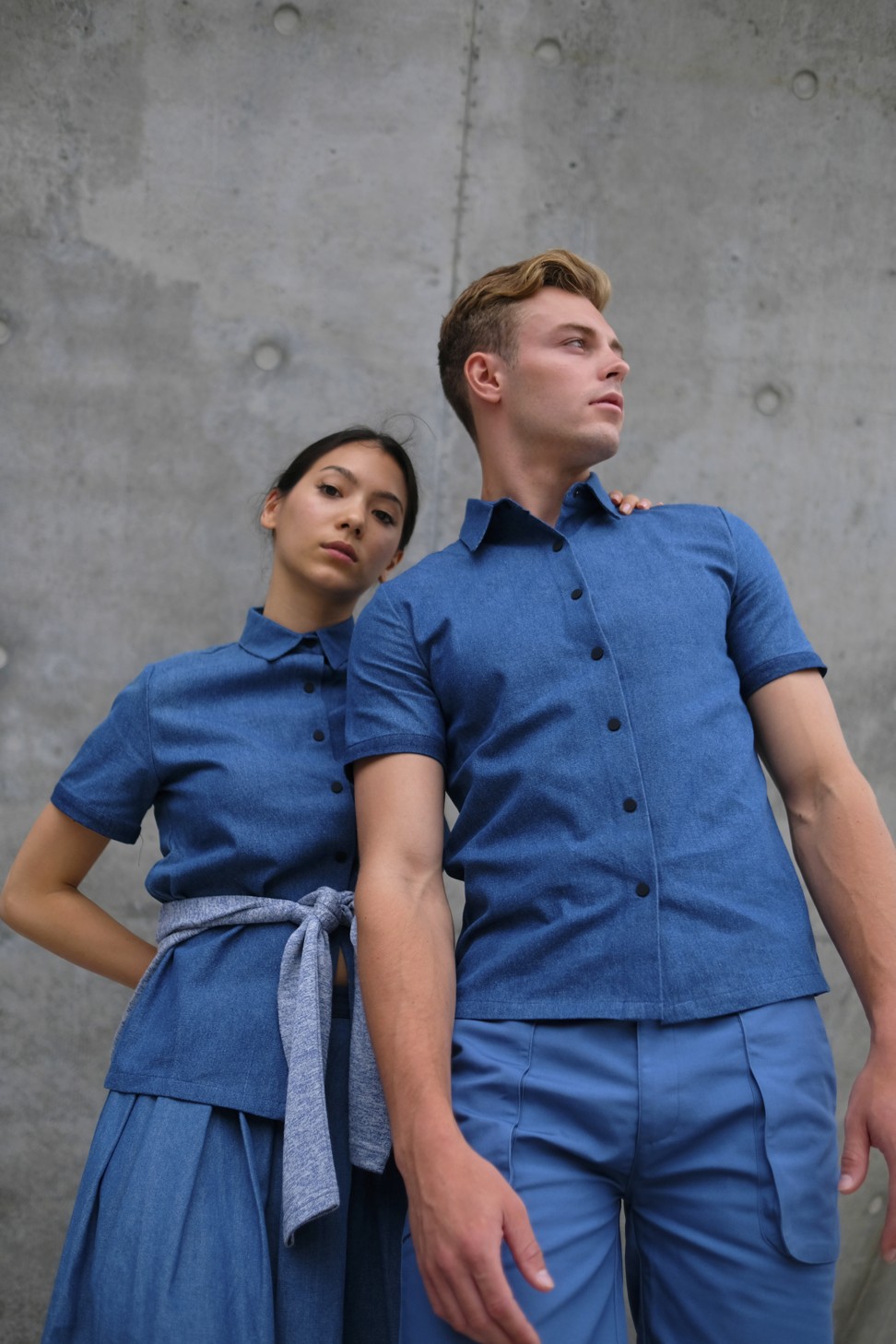
Three Hong Kong ethical-fashion start-ups selling clothes with a message and funding needy communities around the world
Ethical fashion is more than a trend, it offers a chance for consumers to make a positive impact, say founders of three new Hong Kong start-ups
Ethical fashion is not just a trend for the new generation – it’s become a necessity.
As demand for sustainable clothing and accessories grows in Hong Kong, three new eco-fashion start-ups are hoping to promote the cause while giving back to the community.
Basics for Basics
basicsforbasics.co
After studying merchandise and marketing in Los Angeles, Kayla Wong returned home to Hong Kong determined to create a brand that followed fair-trade practices. In 2016 she launched Basics for Basics, a collection of high-quality wardrobe staples such as T-shirts and dresses, made from organic fabrics, produced in fair trade factories in India and certified by Fairtrade International and the Global Organic Textile Standard.

A few months later, she launched a crowdfunding campaign to fund a bigger collection and create a better platform for customers.
The true cost of your cheap clothes: slave wages for Bangladesh factory workers
“I gave myself an experimental period initially, but I felt the collection wasn’t at its full potential. Crowdfunding helped get the message out and also educated Asian consumers about fair trade and what ethical fashion really is. Aside from shopping, we wanted the new website to encourage more people to be active members of society,” says Wong.

The website’s latest incarnation features a new interface along with an online community where customers can share and learn more about eco fashion.
Aside from shopping, we wanted the new website to encourage more people to be active members of society
Wong has also formed a partnership with registered charity HandsOn Hong Kong, which helps mobilise volunteers for various charity events and projects in the local community. Shoppers who register as volunteers through Basics for Basics can accumulate points which can later be redeemed for discounts or rewards.
Wong plans to add more ethical brands to the site in the coming months.
Our wasteful clothing habits should go out of style
Divya Hira
divyahira.com
It wasn’t until Hongkonger Divya Hira started working with a denim manufacturer that she began questioning how the supply chain in fashion works.
“People purchase so much, but they don’t know where it’s coming from or what’s involved in the production process. There was such a stark difference between consumers who purchase and those who make the clothes. Workers struggle to make decent money but consumers don’t know that. I wanted to change that,” says Hira.
As a result, she launched divyahira.com, an online shop featuring a curated selection of designs by more than 20 ethical and fair-trade designers from around the world. Everything sold on the site is produced under fair-trade conditions, meaning workers are paid proper wages and work in a safe and secure environment, free from forced and child labour.

Brands cover everything from accessories to ready-to-wear. Highlights include Indian-based handbag brand Swarang, which showcases traditional Indian crafts such as Madhubani art and Dhokra craft. Another favourite is Singaporean brand Eden and Elie, which features jewellery made by Singaporean women from disadvantaged communities and people with autism.
“Right now all our brands are produced ethically but we are moving towards eco-friendly brands. By the end of the summer we will be adding 10 new brands with interesting stories,” says Hira.
Five places to shop for ethical fashion in Hong Kong, and why you should
The website also helps to educate customers on how the products are made. Each brand has undergone a strict vetting process by Hira and her team, and are later introduced to customers through the site’s blog which features in-depth articles and photos.
Hira has gone a step further and supports the communities behind the products. Every month they sponsor a grass-roots organisation by donating 100 per cent of the proceeds from capsule collections. She recently raised HK$12,000 for Syrian refugees in Lebanon by selling intricately embroidered shawls made by Lebanese housewives.
A.C.F. Clothing
acfclothing.com
Australian designer Alexandra Foster worked with several fashion companies Down Under before moving to Hong Kong last year to launch her brand, A.C.F.
It’s all about transparency – we want to be a company people can look at and know where the product is from
“It was important for me to create a caring, ethical and sustainable company. Fashion brands today need to step up and examine how they build their business. The final product is important, but how it is produced is becoming even more significant,” she says.
A.C.F is a contemporary streetwear brand with an ethical ethos. Targeting millennials, it features unisex silhouettes with an emphasis on functionality. The styles may be minimalist but items are reversible and/or multi-purpose, and given a high-fashion twist thanks to a bright colour palette.

The sustainable part actually comes from the fabrics, which are sourced from suppliers who collect dead stock thrown out by large manufacturers and fashion companies. The collections do not feature any animal products such as fur or suede, and are vegan-friendly. Although the fabrics aren’t organic, Foster is looking to explore this option in the future.
The website features plenty of content that engages with the customer, including more information about the fabrics and philanthropic endeavours spearheaded by the brand.
Sustainable fashion: big brands are cottoning on to the necessity of using sustainable materials
“It’s all about transparency – we want to be a company people can look at and know where the product is from, so we do video tours of factories at different stages of production. We hope that after a customer has made an order they can follow the supply chain from the design to the door,” says Foster.
She also has several charitable initiatives on the go. She recently produced a capsule collection of T-shirts to raise funds for pancreatic cancer research. Leftover fabrics are given a new lease of life and transformed into dog beds for the SPCA or to create soft toys that are distributed to the families of the factory workers.
“Giving back costs us nothing, so there is no excuse,” says Foster.

